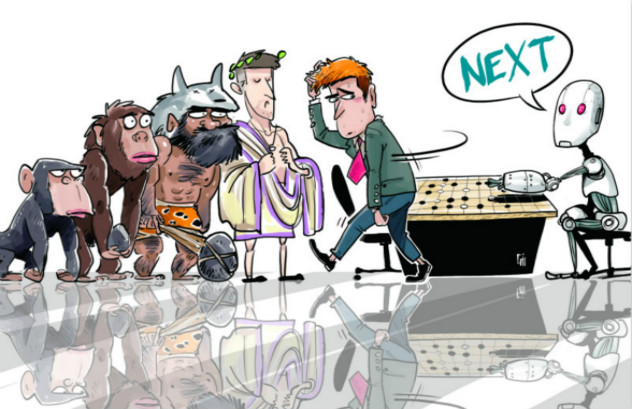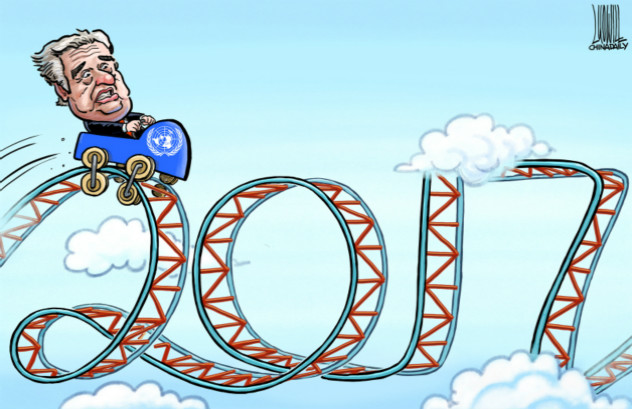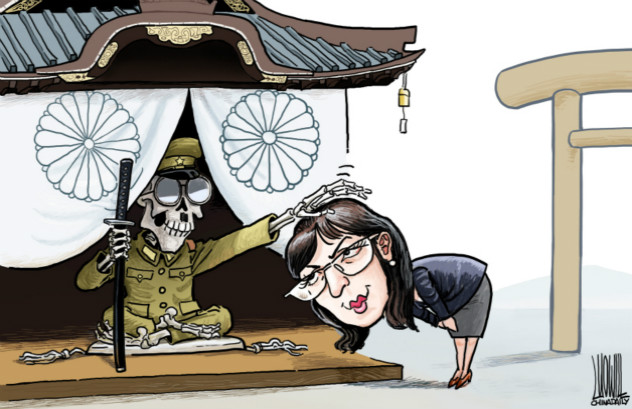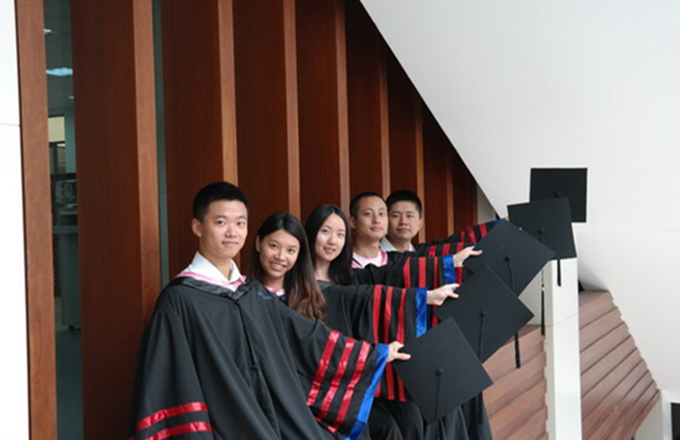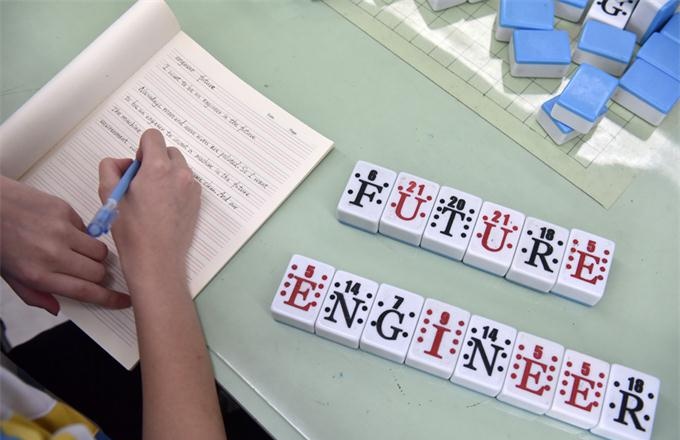AIs still followers rather than leaders
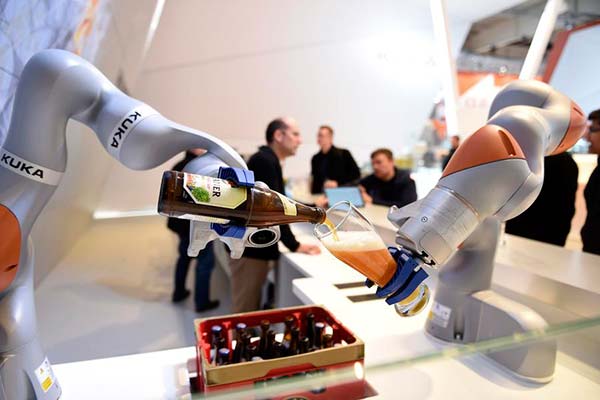 |
|
Robots in the Kuka stand pour a beer into a glass at the Hannover Messe industrial trade fair in Hanover, Germany, on April 23, 2016.[Photo/Agencies] |
A player registered as "master" on the Chinese online board game platforms eweiqi.com and foxwq.com has won 60 consecutive online Go games since Dec 29, beating a host of elite players such as China's Ke Jie. It later proved to be powered by AlphaGo, the AI program designed by the London-based Google DeepMind that defeated the Republic of Korea's Lee Se-dol, one of the world's best Go players, in March. Beijing News commented on Thursday:
Before the official disclosure of its identity, the mysterious player's winning streak had already raised suspicions that it was an updated version of AlphaGo because it was able to make a move almost every five seconds. So it proved to be. The AI program went on a stunning winning streak after beating Lee Se-dol 4-1 in a best of five battle: 60 straight wins and zero defeats.
This may signal a sea change in the pattern of board games, which have taken human players thousands of years to develop. Even the best AI programs struggled to outsmart the top Go players until recently.
But complicated as it is, the game of Go is no different from other board games in the eyes of AI programs, which are capable of "deep learning" and emulating how human brains process information.
AI-powered computers can easily catch up and beat human players as long as their algorithms manage to work out all the possibilities within the rules.
That said, there is no need to panic over AlphaGo's victories against elite players, because computers are yet to pass the Turing test. Basically, the test would be considered successfully passed if a person is unable to guess whether his or her co-player is a robot or a human.
In scenarios without specific rules, robots are struggling to make a breakthrough, hence deserve no particular vigilance. On the bright side, they could help save people from repetitive manual labor and enable them to engage in more creative work.





